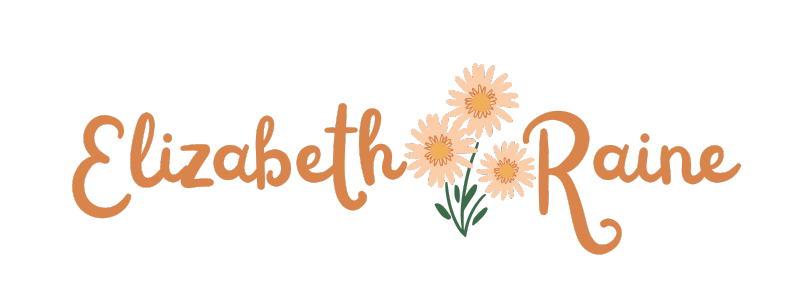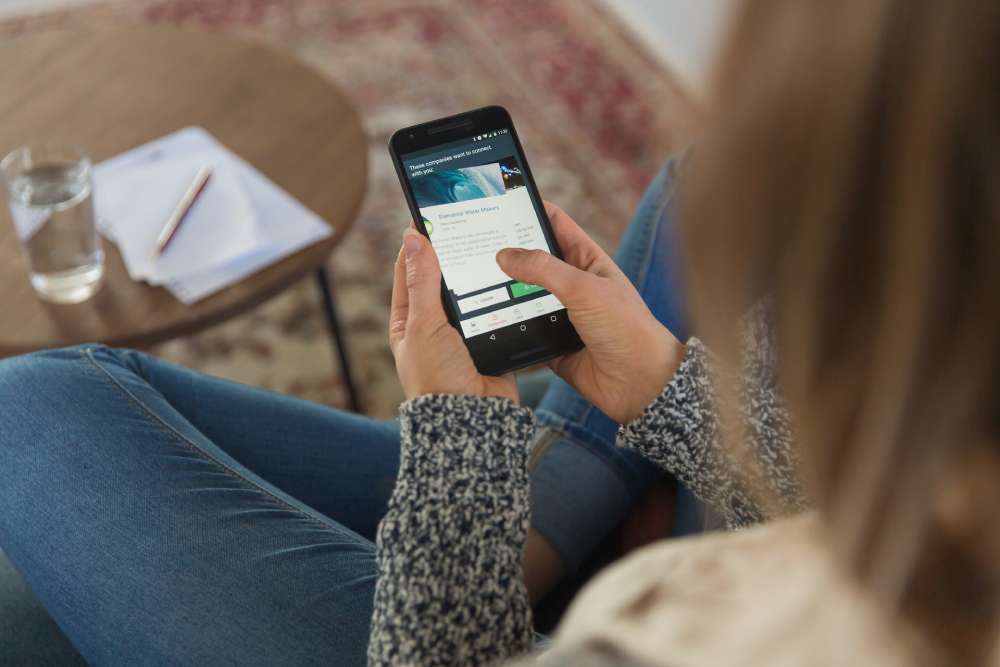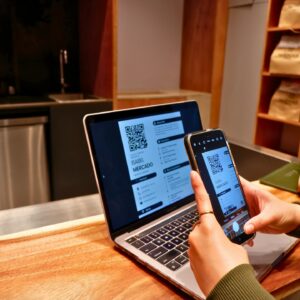You’ve probably heard about free government cell phones but may not know how they work or who benefits from them. The program is called Lifeline Assistance or Linkup, and it’s available to households that meet certain eligibility criteria.
Households can qualify if they receive other federal programs like Food Stamps or Section 8 public housing or if their income is below 135% of the poverty guidelines.
Access to Emergency Services
As the name suggests, this program offers free cell phones to those with low incomes. To qualify, you must prove that your household income is less than 135% of the federal poverty guidelines yearly. You may use the National Verifier application system to determine if you meet these criteria. Alternatively, you can visit the Lifeline website to learn more about the program and apply online.
Free government phones in Arkansas allow people to contact emergency services for help. This is important because it allows them to get medical care before the situation worsens. It also allows them to stay in touch with family and friends.
In addition, these free phones can be used to look for employment and education opportunities. This is especially important for those who live in rural areas. It can be hard to reach schools and employers in rural communities without reliable communication. These free phones can be used to connect with teachers, career counselors, and other resources that are available in rural communities.
Some companies that offer free government phones include Safelink Wireless, Assurance Wireless, and Lifeline. These providers offer a variety of plans and devices, including smartphones. They also have customer service representatives who can answer any questions. They want to get as many families on their programs as possible because it benefits their business.
Access to Education
Education is critical to social mobility, helping individuals break out of poverty cycles and create a path towards economic security. It is also essential for fostering community development and building a strong and sustainable future.
Access to education is necessary for individuals to avoid barriers that prevent them from pursuing their passions and reaching their full potential. Addressing these barriers is important so everyone can learn and grow.
Free government phones can help individuals access educational resources and connect with family and friends, regardless of their financial situation. These programs are vital for promoting digital inclusion and ensuring everyone has the tools to thrive in a connected world.
The state provides assistance to pay bills or hand out devices to eligible families, including those with EBT, SNAP food stamps, and Medicaid benefits.
The Biden-Harris Administration’s Internet for All initiative will provide funding to expand community connectivity and upgrade classroom technology at Historically Black Colleges or Universities, Tribal colleges or universities, and minority-serving institutions nationwide. This funding will increase connectivity and support digital literacy at these schools, allowing them to serve their communities better.
Access to Employment
Having access to affordable and reliable communication is crucial for all Americans. It allows individuals to stay connected to their loved ones, contact emergency services, and find employment. For low-income families, however, the costs associated with a cell phone can be prohibitive.
That’s why the government created programs like Lifeline to help connect people and provide a little bit of extra assistance from the federal government to communities in need.
While some may think free government phones are only for those living in poverty, the reality is that anyone can qualify. You can be eligible for the program if your household makes 135% of the federal poverty guidelines or less. In addition, you may also be able to receive free phone service through the Affordable Connectivity Program (ACP).
The ACP is an innovative new initiative that provides additional support for broadband connectivity in underserved areas of the country. Through the program, community foundations can support various activities that help residents of rural and underserved areas improve their quality of life and economic security.
Access to Healthcare
A free government phone lets individuals stay connected with medical professionals and emergency services. This is particularly important for rural or medically underserved communities that often face challenges in accessing in-person healthcare.
In addition, a free government cell phone helps individuals navigate the complexities of healthcare by providing them with a means to communicate with their healthcare providers and to find information about their specific condition.
The government offers programs to help low-income households afford lifeline services, such as free government phones and discounted internet. These programs are regulated by the Federal Communications Commission (FCC).
To qualify for these services, households must prove they are low-income by using a National Verifier application or participating in another government assistance program such as SNAP. The FCC also regulates which companies offer Lifeline.
A free government phone allows individuals to connect with their loved ones, find employment opportunities, and access critical resources. By bridging the digital divide, these devices empower individuals and allow them to build a better future for themselves and their families.
The benefits of these phones are far-reaching, and they are essential in today’s world. Seniors can use these devices to call for transportation to their doctor’s appointments or single mothers to schedule child care and school pick-up.





